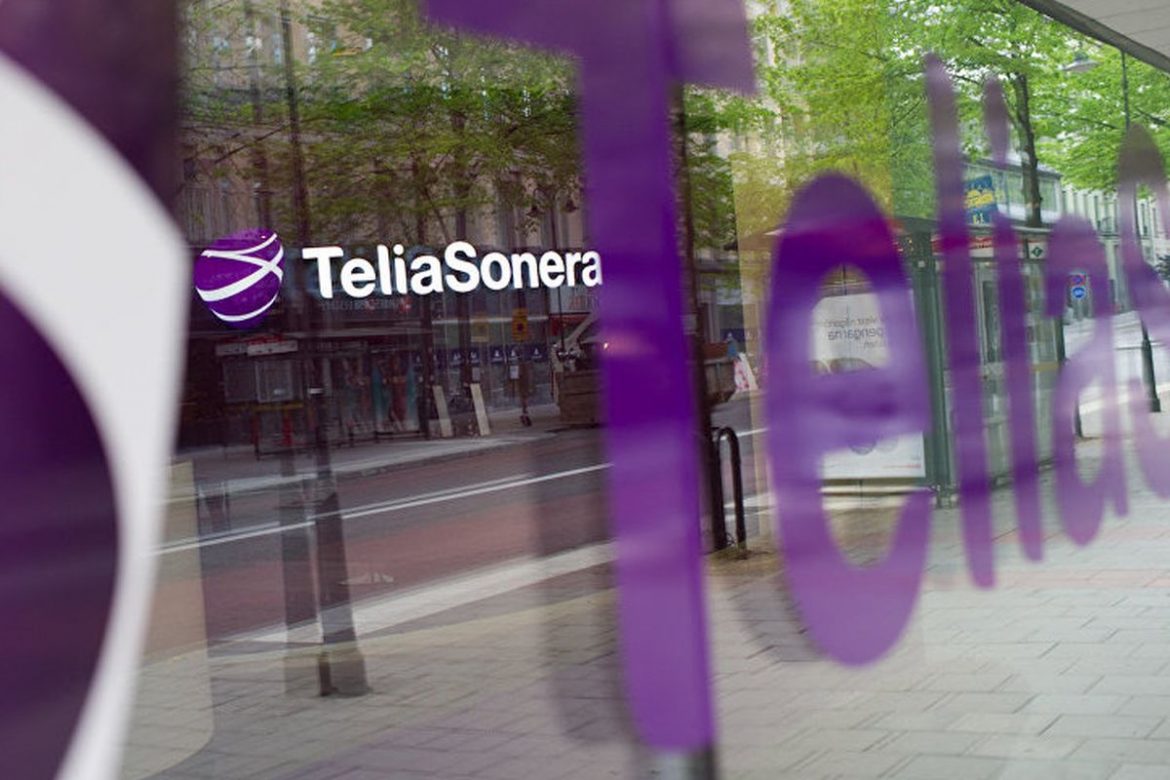In Sweden, a large-scale trial begins on the case of possible corruption for hundreds of millions of dollars. Under suspicion-top managers of Sweden’s largest telecommunications company Telia Sonera, who allegedly gave the daughter of the late President of Uzbekistan $ 400 million.
The Prosecutor’s office believes that in the period from 2007 to 2010, Telia Sonera, which is now called Telia Company, gave the daughter of Islam Karimov Gulnara Karimova more than $ 400 million for the fact that Telia Sonera was allowed to work in Uzbekistan, according to OCCRP.
“All telecommunications companies, which wanted to do business in Uzbekistan, used the same method, and they paid Karimova or her offshore company Takilant for government decisions and protect,” said Prosecutor Gunnar Stetler.
In General, TeliaSonera, the Russian-Norwegian company VimpelCom and the Russian operator MTS paid about 800 million dollars, according to Setler’s estimates.
The scandal occurred in 2012, when Swedish television company (SVT) together with OCCRP, reported on suspicious transactions. Following media reports, a criminal case was opened in Sweden, which took six years. CEO Lars Nyberg and other top managers, as well as the Board of Directors, were replaced the following year.
Meanwhile, the authorities of the USA and the Netherlands reached an agreement with Telia, and the firm was fined: the total fine amounted to 965 million dollars. The company also recognized a violation of US law.
The defendants in the criminal case are three former executives: former Director of Telia Sonera Lars Nyberg, responsible for the market in Eurasia Tero Kivisaari and one of the lawyers of the company.
“This is a common business practice. The price was fully market. There was convincing information that everything was correct and in accordance with the applicable law, ” – said the lawyer Hans Strandberg, who protects the senior lawyer of the company.
The defense tried to postpone the case to trial. Even if the version of the Prosecutor’s events was correct, according to Swedish law, their actions are not bribery, because Karimova was not officially responsible for granting licenses to telecommunications companies, lawyers say.
Even if she received the money and made sure that the companies were granted the required licenses, it should rather be considered as extortion or a threat, says Strandberg.
However, prosecutors argue that in countries with harsh dictatorships such as Uzbekistan, a man like Karimova had de facto power. Also, what the company was paying for were government decisions. She was also a Deputy Minister for foreign Affairs and therefore a government official.




